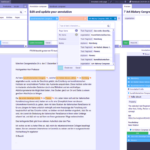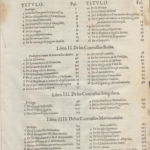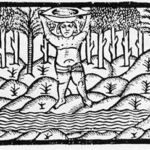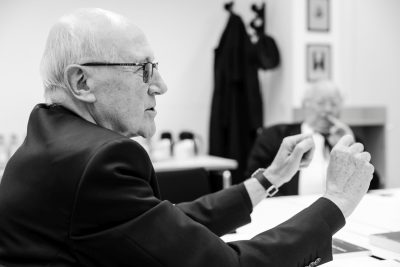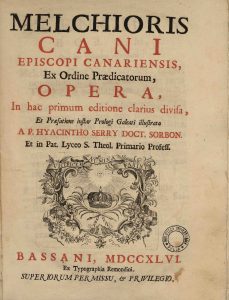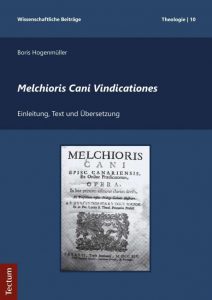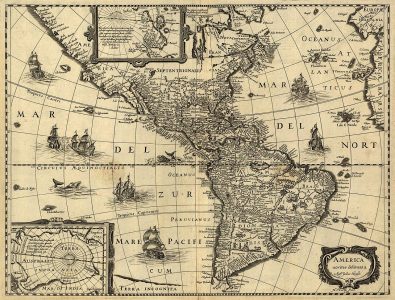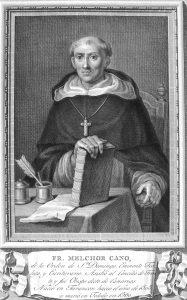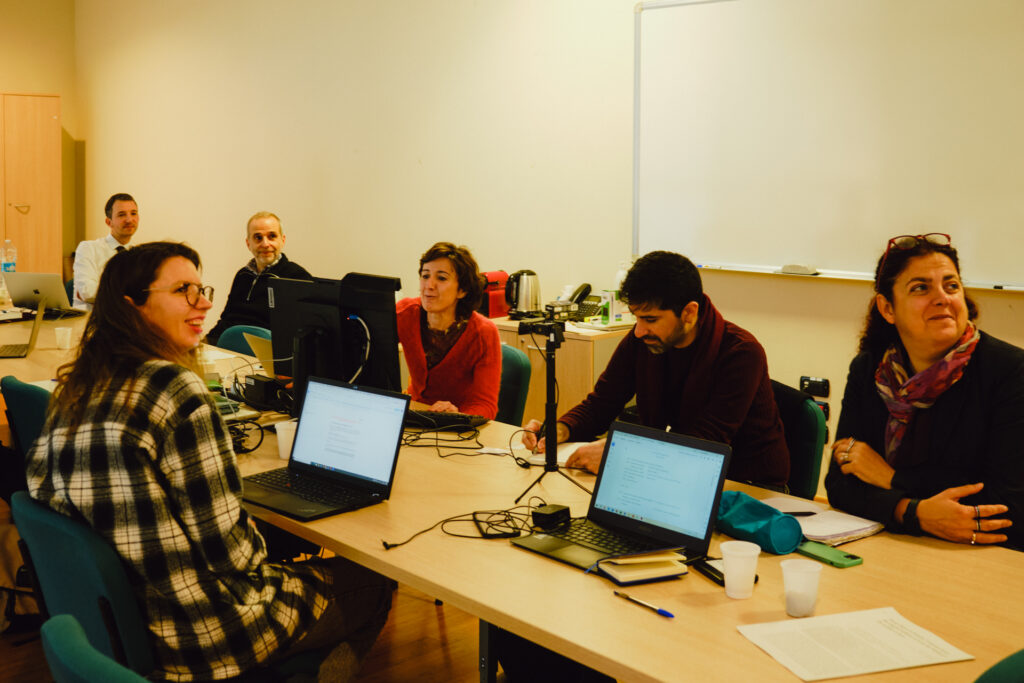
On November 28, 2023 there was a kick-off meeting of the Max Planck Partner Group ‘The Production of Knowledge of Normativity and the Early Modern Book Trade’ led by Dr. Manuela Bragagnolo (Max Planck Institute for Legal History and Legal Theory, University of Trento). The meeting took place at the School of International Studies of the University of Trento and was organised in cooperation with the permanent seminar ‘Legal History Meets Digital Humanities’, hosted by the Department ‘Historical Regimes of Normativities’ (mpilhlt), as a part of a joint workshop ‘From the Age of the Printing Press to the Digital Age: How Knowledge of Normativity is Produced in Books’.
Project team members Christiane Birr and Polina Solonets presented their joint digitization work in the Salamanca project to the partner group members in a talk entitled ‘From Paper to Screen. Luis de Molina’s ‘De Justitia et Jure’ between Printing Press and Digital Edition’.
The kick-off meeting was followed by an away session of the seminar ‘Legal History Meets Digital Humanities’ on 29 November, where Natalia Maillard Alvarez (University of Seville) gave a very interesting and practice-oriented presentation on ‘Social Network Analysis for Historians: Origins, Uses and Challenges’.

